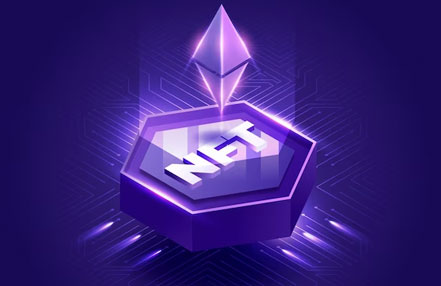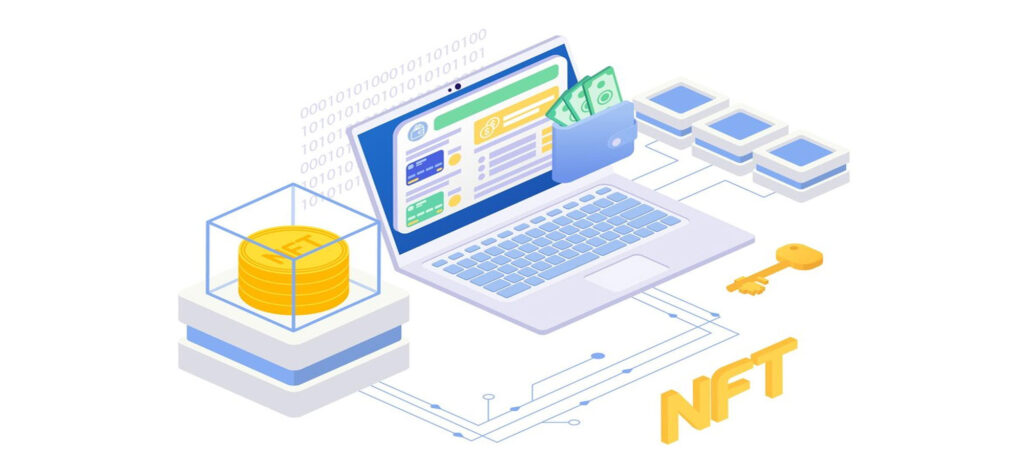
Cryptocurrency represents a revolutionary form of digital or virtual currency leveraging cryptographic principles to secure transactions and regulate the creation of new units. This pioneering financial system operates in a decentralized manner, diverging from traditional currencies controlled by central authorities like governments or financial institutions. At its core lies the ingenious technology of blockchain—a decentralized, immutable ledger distributed across a network of computers. This blockchain ledger chronicles every transaction conducted using a cryptocurrency, ensuring transparency, security, and permanence. Each block in this chain contains a bundle of transactions cryptographically linked to the preceding block, forming an unbroken sequence that validates and preserves the entire transaction history. This decentralized ledger system underpins the functionality of various cryptocurrencies, facilitating peer-to-peer transactions without the need for intermediaries. Furthermore, the cryptographic security measures embedded within these digital assets assure the integrity and confidentiality of transactions, employing complex mathematical algorithms to safeguard against fraudulent activities. This novel approach to currency not only revolutionizes financial transactions but also fuels discussions and innovations across industries, envisioning a future where decentralized digital currencies redefine the global economic landscape.

Key Features:
- Decentralization: Cryptocurrencies are not controlled by any central authority, such as a government or bank.
- Security: They use cryptographic techniques to secure transactions and control the creation of new units.
- Digital Ownership: Cryptocurrencies represent digital ownership of an asset and can be used for various purposes, including as a medium of exchange, store of value, and investment.
- Examples: Bitcoin (BTC), Ethereum (ETH), Ripple (XRP), and Litecoin (LTC) are some well-known cryptocurrencies.
NFTs, or non-fungible tokens, stand as distinct digital assets within the realm of blockchain technology. Their uniqueness lies in their representation of ownership or authentication of a specific item, whether digital or physical, manifesting as a digital token stored securely on a blockchain ledger. Unlike cryptocurrencies such as Bitcoin or Ethereum, which are fungible and interchangeable, NFTs are inherently non-interchangeable. Each NFT possesses unparalleled individuality, encapsulating its own intrinsic value and unique characteristics that set it apart from any other token within the same category or ecosystem. This individuality renders each NFT irreplaceable, as they cannot be swapped or traded on a one-to-one basis due to their distinctiveness. Essentially, NFTs serve as digital certificates of authenticity or ownership, revolutionizing the concept of ownership in the digital age by providing indisputable proof of ownership or provenance for a diverse array of digital and physical assets.
Key Features:
- Uniqueness: NFTs are one-of-a-kind or have limited editions, making them ideal for representing digital art, collectibles, virtual real estate, in-game assets, and more.
- Provenance: NFTs store information about the item’s history, including its creator and ownership, which can be valuable for provenance and authenticity.
- Interoperability: NFTs can be bought, sold, and traded across various platforms and marketplaces, providing flexibility to creators and buyers.
- Examples: NFTs have gained popularity in art, music, gaming, and entertainment. Notable sales include digital art by Beeple, virtual real estate in virtual worlds like Decentraland, and in-game items in blockchain-based games like Axie Infinity.

Key Differences Between Crypto and NFTs:
- Fungibility: Cryptocurrencies are fungible, meaning one unit is interchangeable with another of the same type and value. NFTs are non-fungible, each representing a unique item with distinct value.
- Use Cases: Cryptocurrencies are primarily used for financial transactions, investments, and as a means of exchange. NFTs are used for representing ownership of unique digital or physical assets and collectibles.
- Value Proposition: Cryptocurrencies derive value from their utility as a form of money or digital asset. NFTs derive value from their uniqueness, scarcity, and the value of the underlying item they represent.
- Interchangeability: Cryptocurrencies can be exchanged with one another for equivalent value. NFTs are not interchangeable on a one-to-one basis because each one represents something unique.
- Standardization: Cryptocurrencies often adhere to recognized standards (e.g., ERC-20 for Ethereum-based tokens). NFTs can be based on various standards, including ERC-721 and ERC-1155 for Ethereum-based NFTs.
In the burgeoning landscape of blockchain technology, Non-Fungible Tokens (NFTs) have emerged as distinctive digital assets, wielding the power to authenticate ownership and guarantee the authenticity of specific digital or physical items. Functioning as unique markers securely stored on a blockchain, NFTs represent a paradigm shift in how we perceive and validate ownership in the digital realm. Diverging from traditional cryptocurrencies, such as Bitcoin or Ethereum, NFTs carve a niche by offering a novel approach to value and ownership. The critical distinction lies in their representation of tangible assets or digital creations, marking a departure from the purely financial and transactional focus of cryptocurrencies.
NFTs, in essence, act as verifiable certificates of authenticity, revolutionizing the concept of ownership in the expansive digital landscape. Through blockchain technology, these tokens provide an unforgeable record of ownership, ensuring that a digital or physical asset is one-of-a-kind. The decentralized and transparent nature of blockchain serves as the backbone, instilling confidence in the provenance of the associated item. This has profound implications across diverse industries, with the art world being a prime example. NFTs have enabled artists to tokenize their creations, offering buyers a unique and indisputable link to the original work. This not only provides a new revenue stream for artists but also addresses longstanding challenges related to art provenance and copyright.
Moreover, NFTs have etched their presence in the realms of gaming and entertainment, amplifying their impact on the digital asset ecosystem. In the gaming sphere, NFTs unlock the potential for true ownership of in-game assets. Gamers can buy, sell, and trade unique items, characters, or experiences on blockchain platforms, transcending the limitations imposed by traditional closed gaming ecosystems. This not only enhances the gaming experience but also introduces novel economic models within virtual worlds.
Entertainment, too, witnesses a paradigm shift with the introduction of NFTs. Musicians, filmmakers, and other content creators can tokenize their work, providing a direct channel for fans to support and engage with their favorite artists. NFTs introduce a new dimension to fan engagement by offering exclusive digital collectibles or experiences tied to the artist’s creations. This direct creator-to-consumer interaction reshapes traditional models of content distribution and monetization.
While both cryptocurrencies and NFTs leverage blockchain technology, their divergent purposes underscore the versatility of this groundbreaking innovation. Cryptocurrencies primarily serve financial and transactional use cases, functioning as mediums of exchange or stores of value. Bitcoin, for instance, operates as a decentralized digital currency facilitating peer-to-peer transactions. On the other hand, NFTs transcend financial transactions to imbue digital assets with uniqueness and ownership, disrupting established paradigms in various industries.
In conclusion, the rise of NFTs represents a transformative chapter in the evolution of blockchain technology. Beyond the financial realms explored by cryptocurrencies, NFTs offer a profound redefinition of ownership, authenticity, and engagement in the digital domain. As these tokens continue to permeate diverse industries, from art to gaming and entertainment, the impact on how we perceive, value, and interact with digital assets is nothing short of revolutionary.

